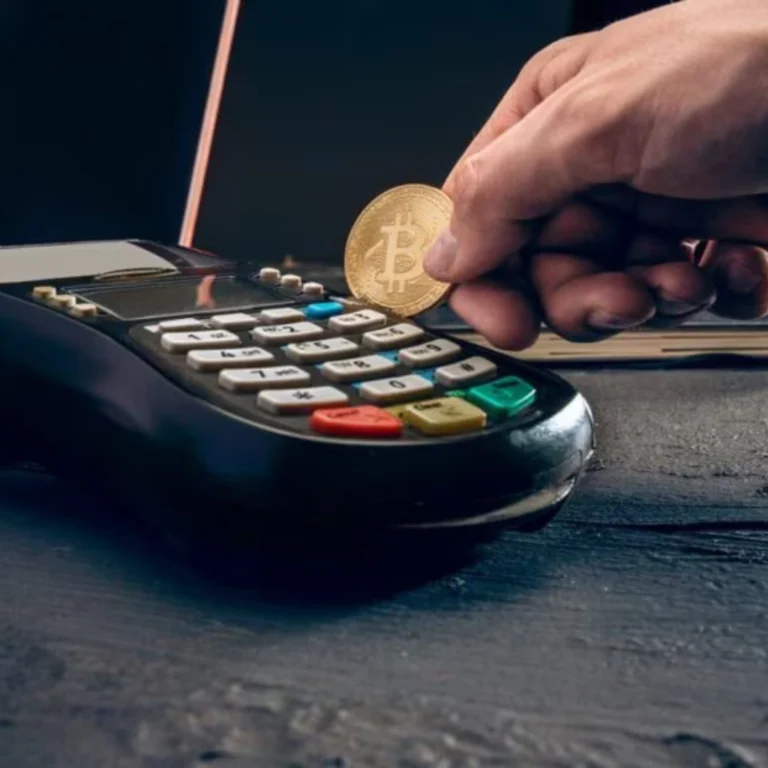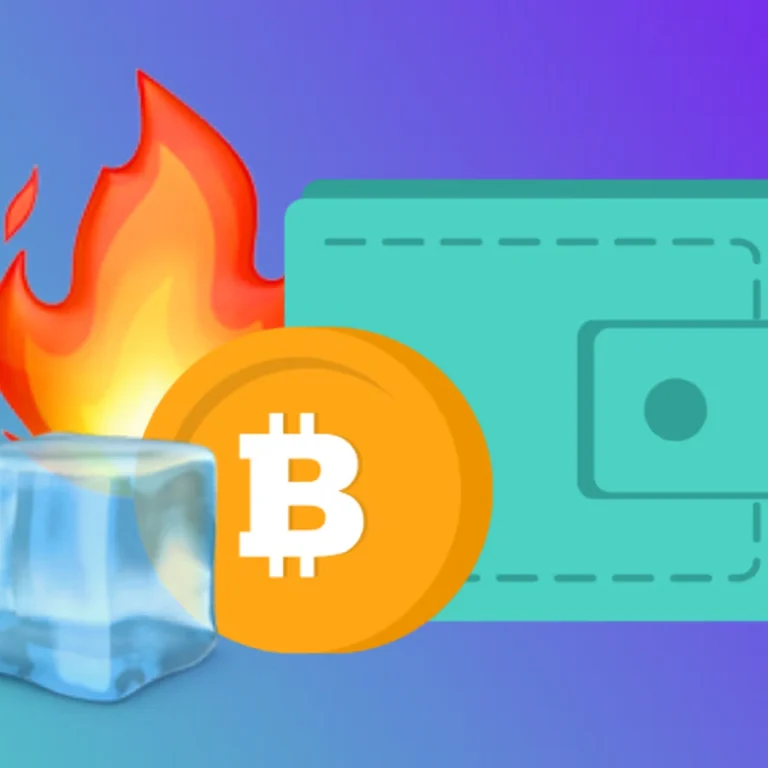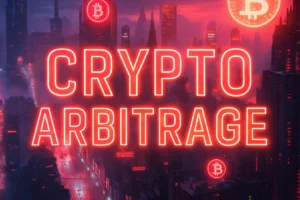Let’s talk about something that gets tossed around in the crypto world a lot—decentralized wallets. Sounds technical, maybe even intimidating, right? But hang on. A decentralized wallet is actually a pretty straightforward concept once you cut through the jargon. And if you’re thinking about dipping your toes into crypto, or even if you already have, it’s something worth understanding.
What Is a Decentralized Wallet?
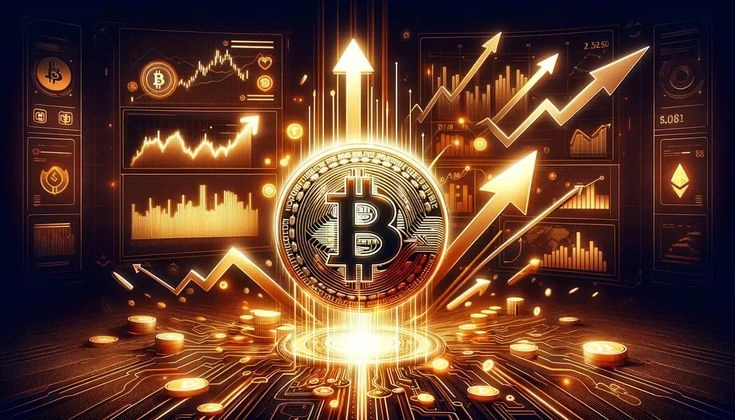
So, what is a decentralized wallet exactly? Simply put, it’s a tool that lets you store, send, and receive cryptocurrency—without relying on a central authority like a bank or an exchange. No middleman, no gatekeeper. Just you, your private keys, and the blockchain.
What Makes a Wallet Decentralized?
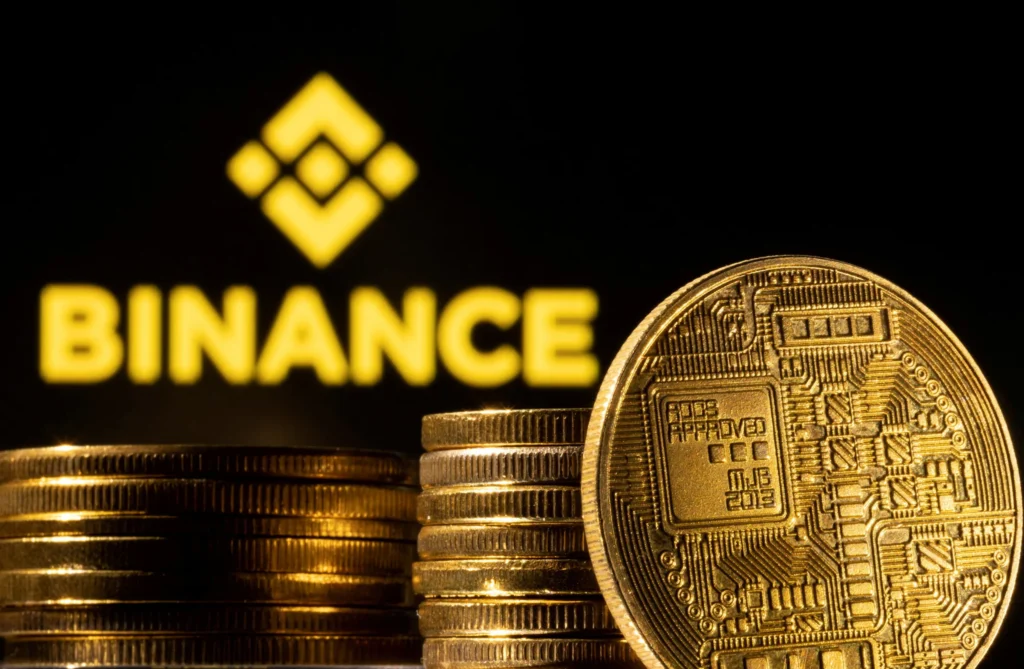

Okay, quick crash course. Most people start off using wallets on centralized exchanges—think Binance or Coinbase. These are custodial wallets, meaning the platform holds your private keys (which are like the password to your crypto), not you. If the exchange gets hacked, shuts down, or freezes your account… well, you’re out of luck.
A decentralized wallet, on the other hand, flips that model. You hold the keys. The wallet connects directly to the blockchain, and only you can access your funds. No one else can step in, pause your transactions, or lock you out. It’s total control—but with that comes total responsibility.
Why Use it?
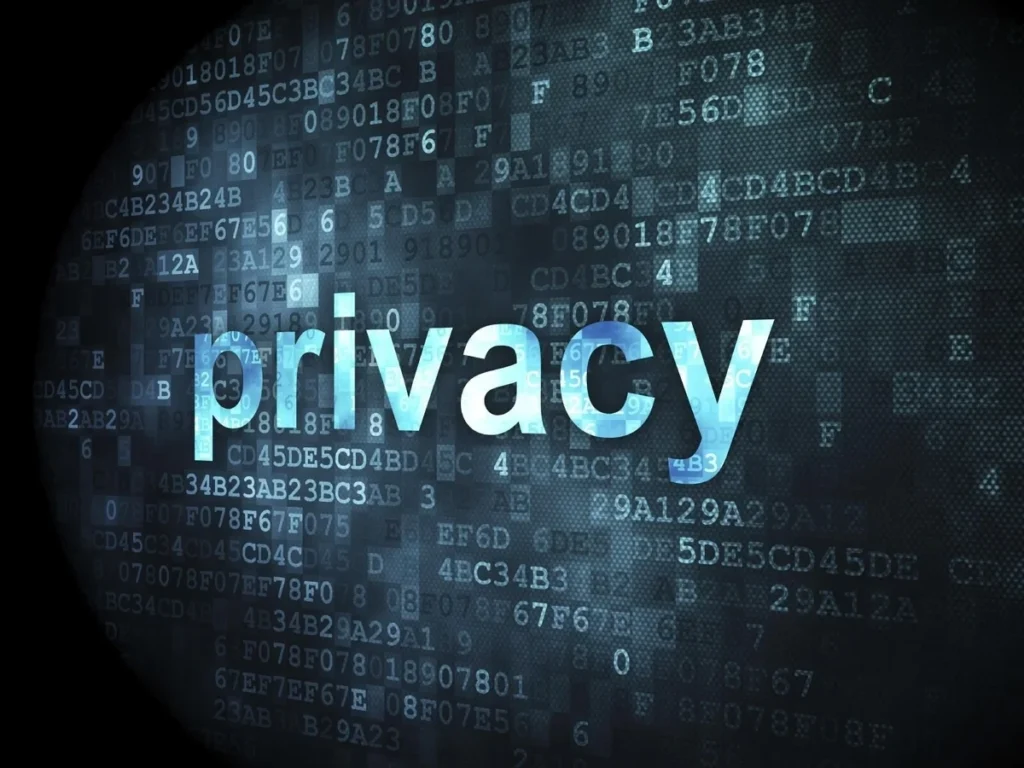
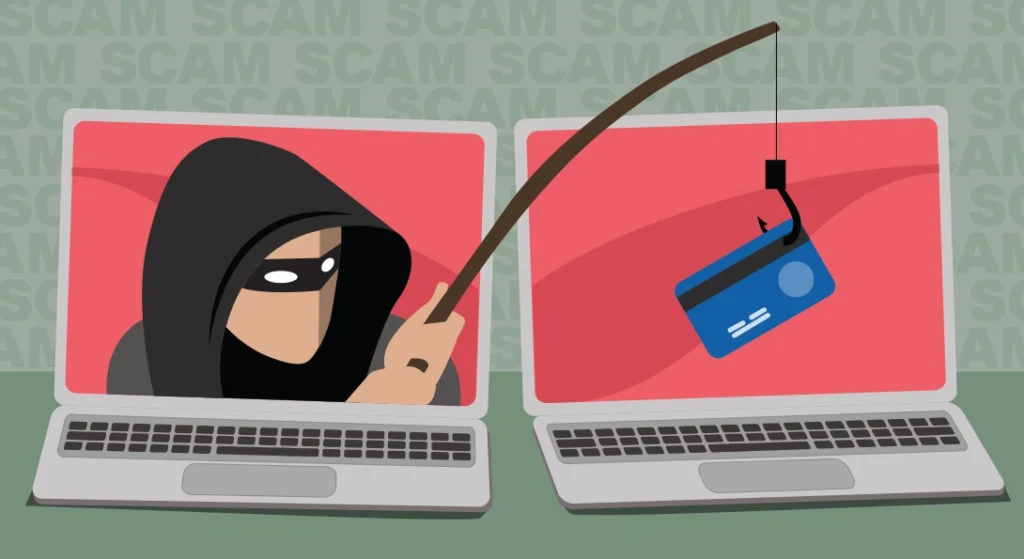
Great question. The main reason people go decentralized is for security and autonomy. You don’t need to trust a company or government to manage your funds. That’s powerful—especially in a world where data breaches and regulatory crackdowns are becoming the norm.
Here are a few reasons why many prefer decentralized wallets:
- Full Ownership: You control your private keys, therefore your crypto.
- Censorship Resistance: Nobody can freeze your wallet or block a transaction.
- Privacy: Many decentralized wallets don’t require personal information to use.
Of course, it’s not all sunshine. Lose your keys? Game over—there’s no “Forgot Password” button. And user interfaces can be clunky, especially for beginners. But if you’re serious about crypto, learning to use a decentralized wallet is a rite of passage.
Types of Decentralized Wallets
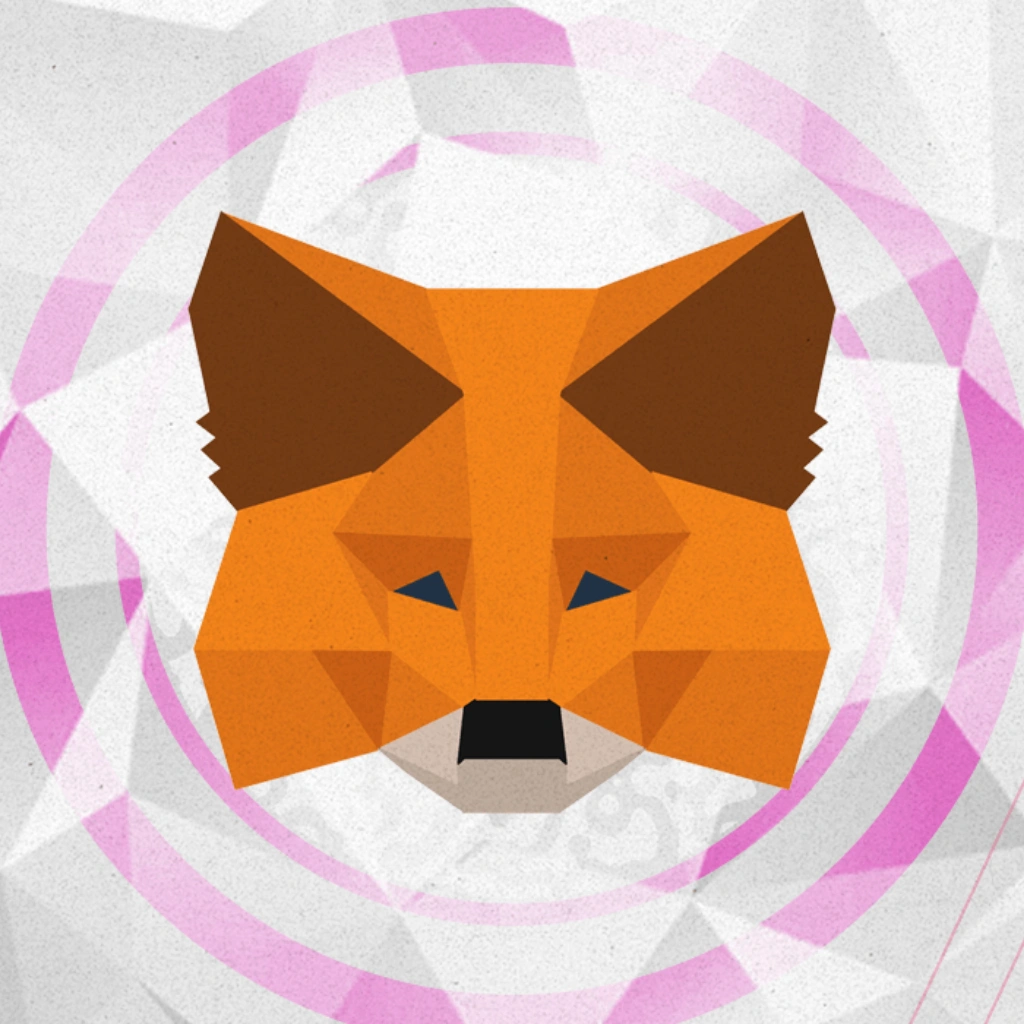
Yup, there’s more than one kind. Here’s a breakdown of your options:
- Software Wallets: Apps like MetaMask or Trust Wallet that live on your phone or browser. Super popular and very accessible.
- Hardware Wallets: Devices like Ledger or Trezor. These keep your keys offline, offering top-notch security.
- Paper Wallets: A printed copy of your private and public keys. It’s old school—and risky if you’re not careful—but it works.
Each has pros and cons, depending on your comfort level and how much crypto you’re storing.
Decentralized Wallet vs. Centralized Wallet: What’s the Real Difference?
Let’s break it down with a quick analogy.
Using a centralized wallet is like putting your money in a bank.
- Safe? Generally.
- Convenient? Sure.
- But: You’re trusting someone else to manage it.
A decentralized wallet? That’s like keeping your money in a home safe.
- Total control, but also total responsibility.
- If something goes wrong, there’s no customer service hotline.
- That can be a little scary… but also kind of thrilling.
Some people swear by the freedom. Others say it’s not worth the stress. The key is figuring out what works best for you.
So, Is a Decentralized Wallet Right for You?
If you’re just dabbling in crypto, a centralized exchange might be a comfy starting point. But if you’re into the ethos of crypto—freedom, privacy, and no middlemen—then using a decentralized wallet makes perfect sense.
That said, it’s not a one-size-fits-all situation. Many users go hybrid: centralized for quick trades, decentralized for long-term storage. That’s totally fine. The important thing is to know your options and understand the risks and rewards of each.
Final Thoughts: The Decentralized Wallet in a Centralized World
We’re living in a time when control over digital assets is more important than ever. Whether you’re a crypto newbie or a blockchain buff, understanding how a decentralized wallet works is a big step toward real financial freedom.
It might seem complex at first, but once you get the hang of it—there’s no going back.
And hey, it might not be perfect. But it is yours.
Relevant News: HERE


